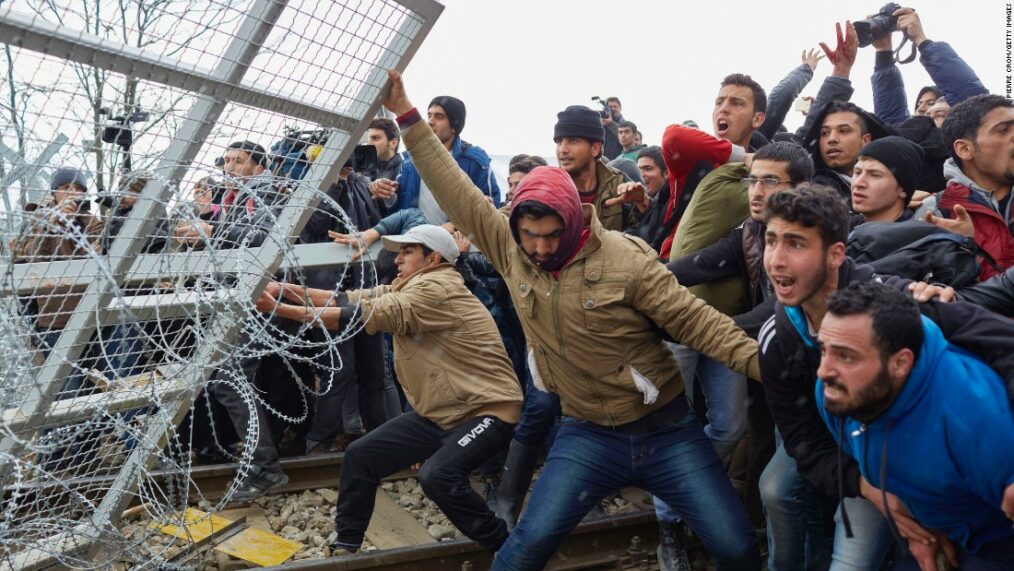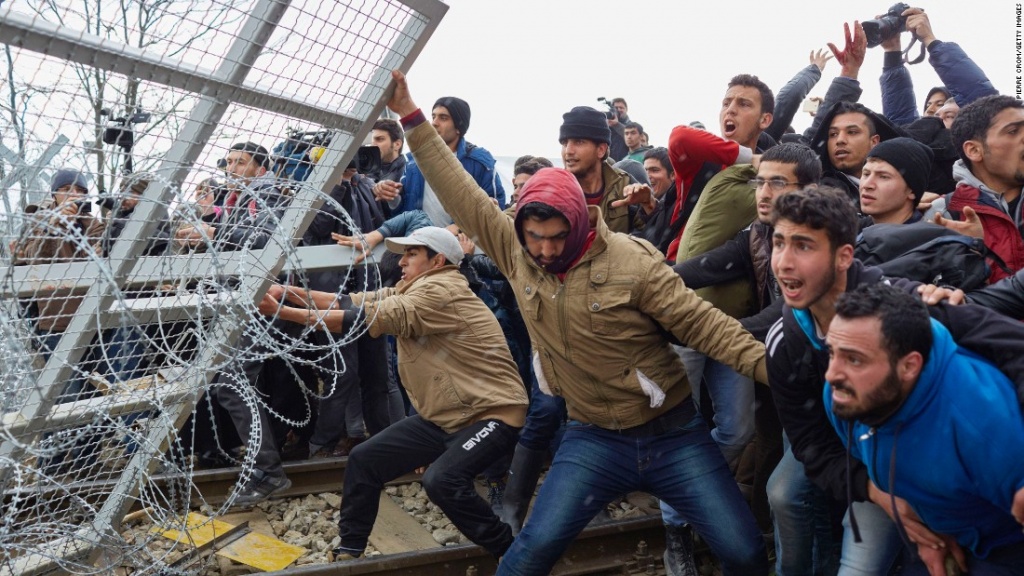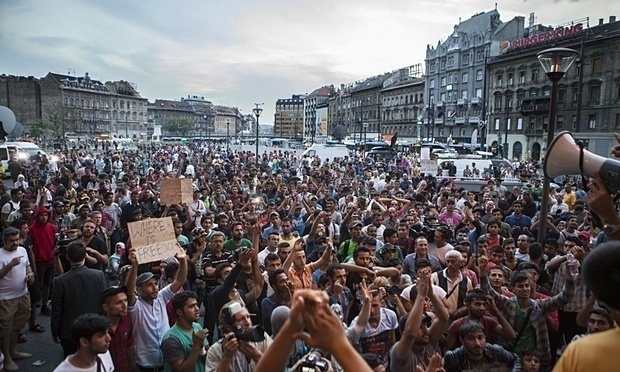
A Dangerous Method: Zurich University Study Exemplifies Double-Edged Sword of Migration Policy in Europe

Researchers at Zurich University of Applied Sciences have released data linking a rise in criminality in Germany to teenage migrants, thereby sparking a larger conversation about the conditions immigrants and asylum-seekers face.
Conducted in Lower- Saxony, Germany, a densely populated area in which 745,185 of its 8 million residents do not have German citizenship, the study called Teenagers as Perpetrators and Victims (originally Jugendliche und Flüchtlinge als Täter und Opfer) indicated that the overall percentage of crimes had increased by 10.4% by the end of 2016[1]. While that information alone is not necessarily problematic, it states that 92.1% of these criminal cases are linked to immigrants[2]. The study comprehensively breaks down several areas of criminality and links them to potential causes and contributing factors like lack of community engagement, violent social norms, parental involvement, or even radicalization[3].

Increasingly popular extreme right-wing parties have linked immigrants to crime long before this study had been released. While most people saw the connection as incidental at best, this government-funded study could add legitimacy to parties that before were dismissed as “extremist”. It is evident that the migration crisis of 2015 and 2016 has impacted Europe, and the world, deeply. Chancellor Angela Merkel is still struggling politically with her decision to leave borders open in August of 2015, and European Commission President Juncker made migration policy and proper burden-sharing a major item on the European Union’s agenda. This study has the potential to influence large policy changes, especially now that the German government is discussing changing its policies regarding family reunification and asylum applications[4].
Despite its potential political influence, the link between migrants and criminality is indicative of a much larger issue among newcomers– and especially refugees. This study offers exact facts, dates, and graphs, but also sheds light on what happens to populations that are left without proper community involvement, education, and a sense of inclusion.
The researchers Christian Pfeiffer, Dirk Baier, and Soeren Kliem found that over half of the violent crimes were committed by young immigrant males and that these populations face serious problems that are not obvious at first glance[5]. A lack of integration and engagement can lead to more than just criminality, it can also lead to radicalization. The researchers did, however, find a concrete way that the government and communities could improve conditions: Education.
Language courses, community involvement, and professional training are some of the things that could help make newcomers more integrated and help youth build stronger ties to their communities. Education is key for German natives as well– since right-wing nativist parties like the Alternative fuer Deutschland benefit largely from uniformed and frightened populations. An open flow of information could ease hostility and prevent further prejudice and conflict.

21.06.2017
Europe
This study, while having been conducted in Germany, alludes to a much bigger picture: similar results have been found in the Netherlands, France, Austria, Italy, and other countries in Europe. It has already sparked a larger discourse, or perhaps a call to action, about the conditions and the treatment of newcomers to various European countries. Despite being a double-edged sword because of the possibility of it reinforcing anti-immigrant, anti-refugee or anti-Islam sentiments, this study is powerful because it also offers a voice to the next generation in which insufficient investment has been made.
A graphic published by the German Federal Statistical Office in 2015[6]

Sources:
[1] Pfeiffer, Christian & Baier, Dirk & Kliem, Sören. (2018). Zur Entwicklung der Gewalt in Deutschland. Schwerpunkte: Jugendliche und Flüchtlinge als Täter und Opfer.
[2] Pfeiffer, Christian & Baier, Dirk & Kliem, Sören. (2018). Zur Entwicklung der Gewalt in Deutschland. Schwerpunkte: Jugendliche und Flüchtlinge als Täter und Opfer.
[3] Germany Must Come to Terms With Refugee Crime. (2018, January 3). Bloomberg.com. Retrieved from https://www.bloomberg.com/view/articles/2018-01-03/germany-must-come-to-terms-with-refugee-crime
[4] German would-be coalition partners plan 1,000/month cap to family reun. (2018, January 12). Reuters. Retrieved from https://www.reuters.com/article/us-germany-politics-refugees/german-would-be-coalition-partners-plan-1000-month-cap-to-family-reunification-idUSKBN1F10UT
[5]Pfeiffer, Christian & Baier, Dirk & Kliem, Sören. (2018). Zur Entwicklung der Gewalt in Deutschland. Schwerpunkte: Jugendliche und Flüchtlinge als Täter und Opfer.
[6] Karte: Statistiken zu Ausländern und Schutzsuchenden (Flüchtlingen) – Statistisches Bundesamt (Destatis).. Retrieved January 16, 2018, from https://service.destatis.de/DE/karten/migration_integration_regionen.html





